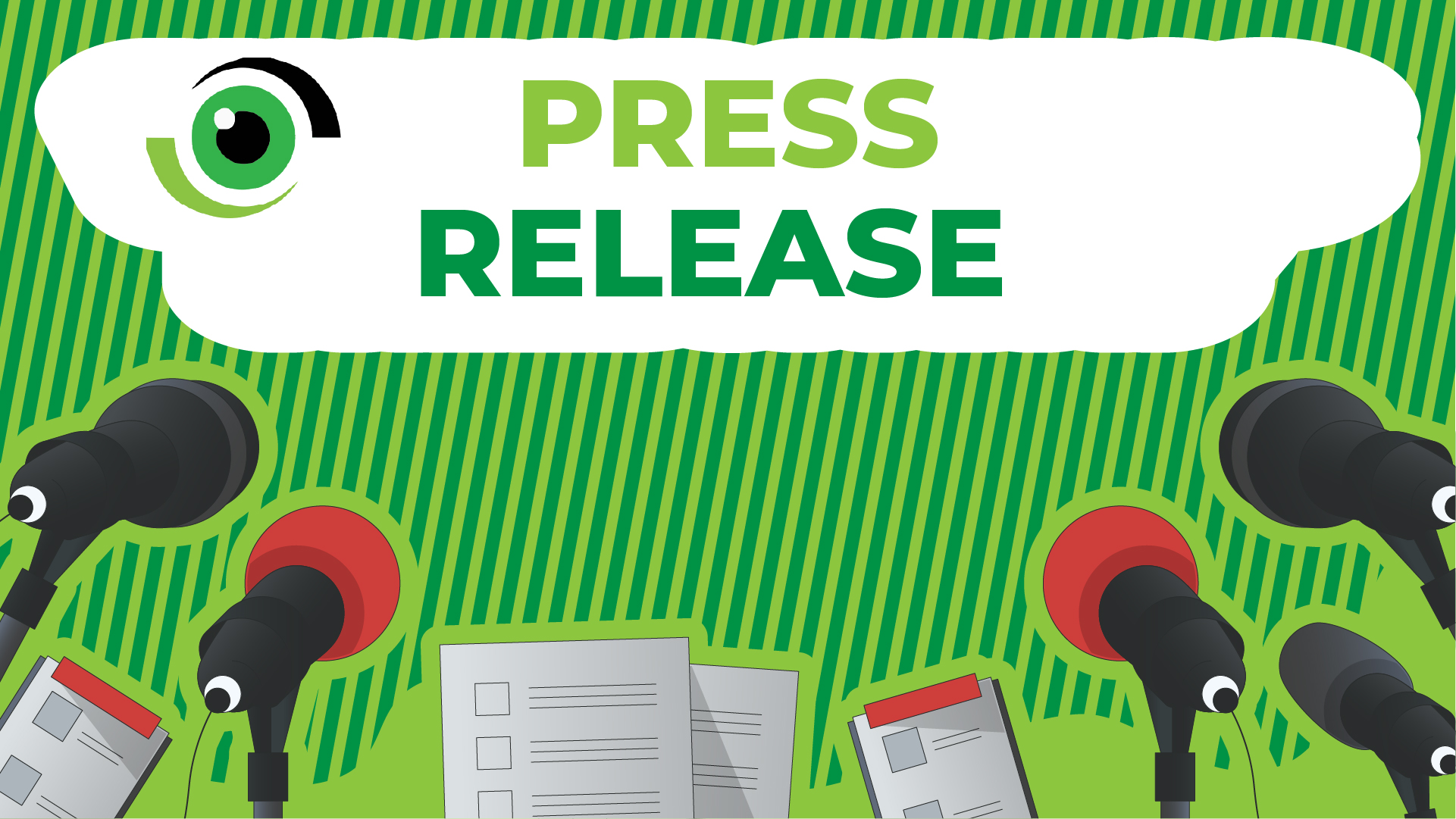Despite global COVID-19 crisis, governments uphold support for women’s and girls’ health and rights, one year after historic Summit
New York, 12 November 2020 — As the COVID-19 pandemic continues to take a heavy toll on the health and economies of countries around the world, governments, non-governmental organizations, international financial institutions and the private sector are stepping up political, financial and in-kind support for programmes that protect the health and rights of women and girls in developing countries.
A year ago, at the landmark Nairobi Summit on ICPD25, the world came together to commit to ending preventable maternal death, the unmet need for contraception, and gender-based violence and harmful practices like child marriage and female genital mutilation, by 2030. At that Summit, more than 8,000 delegates from 170 countries made 1,250 financial and other commitments in support of sexual and reproductive health and rights.
Today, UNFPA, the United Nations sexual and reproductive health agency, reports that major donor governments are already substantially delivering on the amounts they pledged in Nairobi. And some are even surpassing what they promised, demonstrating their steadfast commitment to the rights of women and girls at the time it is most needed.
“The commitments made in Nairobi are more critical now than ever before. Far from dampening our ambition, COVID-19 has only sharpened our focus and resolve,” says UNFPA Executive Director, Dr. Natalia Kanem. “I am heartened to see so many government, private sector and civil society partners take bold steps to sustain our collective efforts and deliver on our promises to women and girls. As long as we stand together, we will prevail.”
Civil society, the private sector, academia, and others rallied behind the cause on an unprecedented scale, pledging over $8 billion towards achieving zero preventable maternal deaths, zero unmet need for family planning, and zero gender-based violence and harmful practices by 2030. Governments also announced major financial commitments and in September 2020, UNFPA established a High-Level Commission to ensure all the commitments made at the Summit stay on track, even during the COVID-19 pandemic. Chaired by Jakaya Kikwete, former President of the United Republic of Tanzania, and Michaëlle Jean, former Governor General of Canada, the Commission will make recommendations so that the momentum created in Nairobi continues towards a world of rights and choices for all.
“We will never lose sight of the world we are fighting for — one of sexual and reproductive health and rights for all,” Dr. Kanem concluded.
In Nigeria, UNFPA is ensuring accelerated action towards the ICPD25 commitments and Plan of Action (PoA) through its technical assistance to the Federal Government, ministries, agencies and other partners. As the United Nations Sexual and reproductive health agency, our transfer of expertise has been supported with timely and strategic funding to support the attainment of the 3 Transformative results of zero maternal mortality, zero unmet need for contraceptives and an end to Gender-Based Violence and other harmful practices in Nigeria.
These strong and productive partnerships with the ministries of Health, Interior and other partners have continued amidst a COVID-19 pandemic. This global health crisis has increased the urgency and importance of attaining the Nairobi commitments in Nigeria and globally before 2030. UNFPA has responded by rethinking and reprogramming to ensure that no woman or girls are left behind.
During this one-year anniversary of ICPD25, we recommit to providing unwavering support to our partners in generating data for planning, implementing and measuring progress on attainment of the transformative goals and Sustainable Development goals (SDGs). Transforming commitments into affirmative action will save millions of women and girls and allow them to contribute optimally to the demographic dividends through programmes that encourage investments in youth.
For more information and interview requests, please contact: Kori Habib, Media Specialist, UNFPA: Tel.: +2345034500016; habib@unfpa.org


